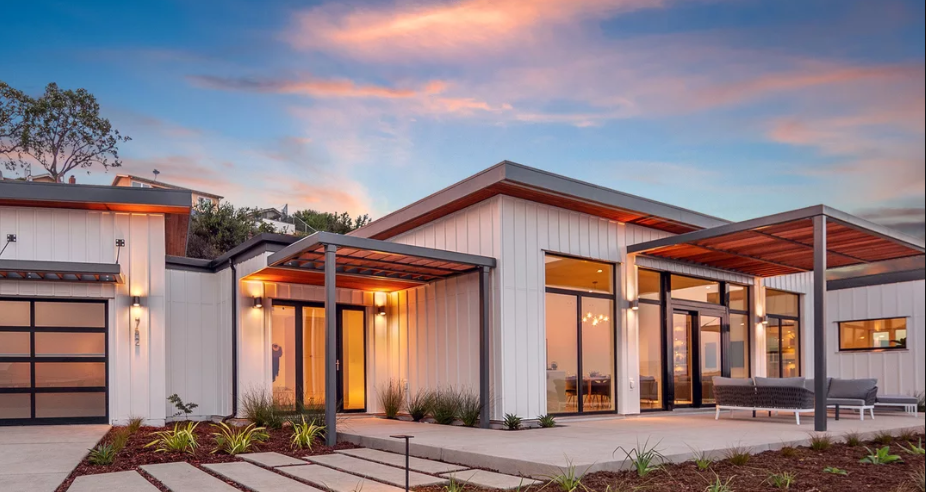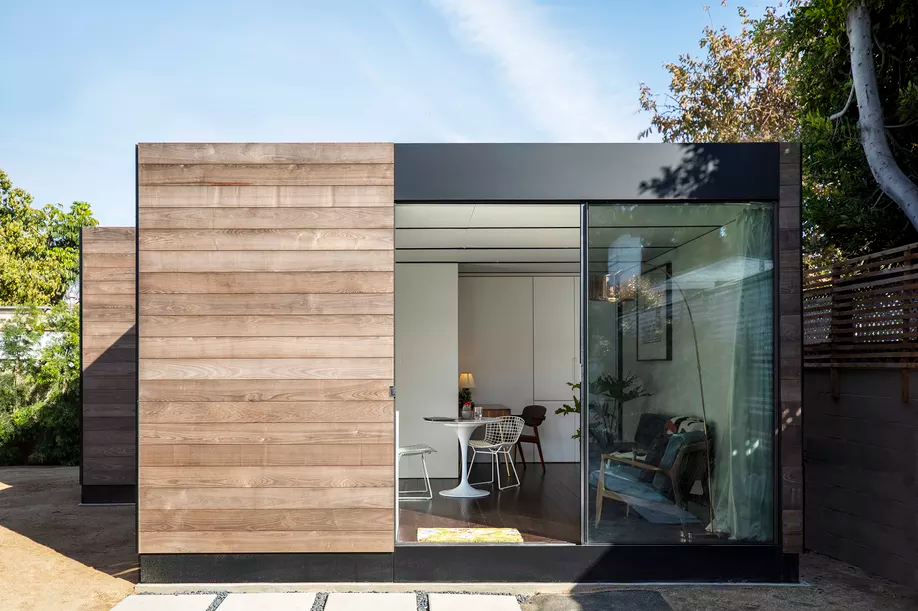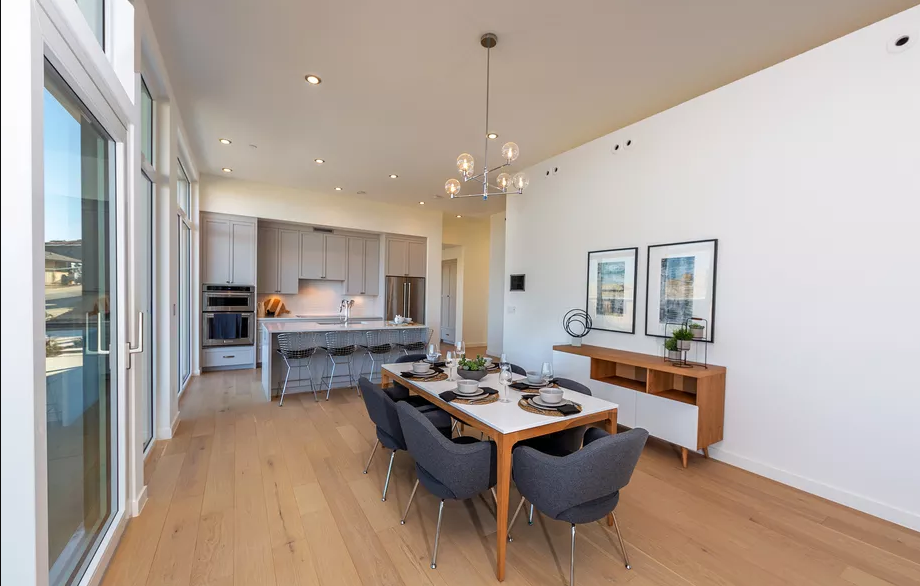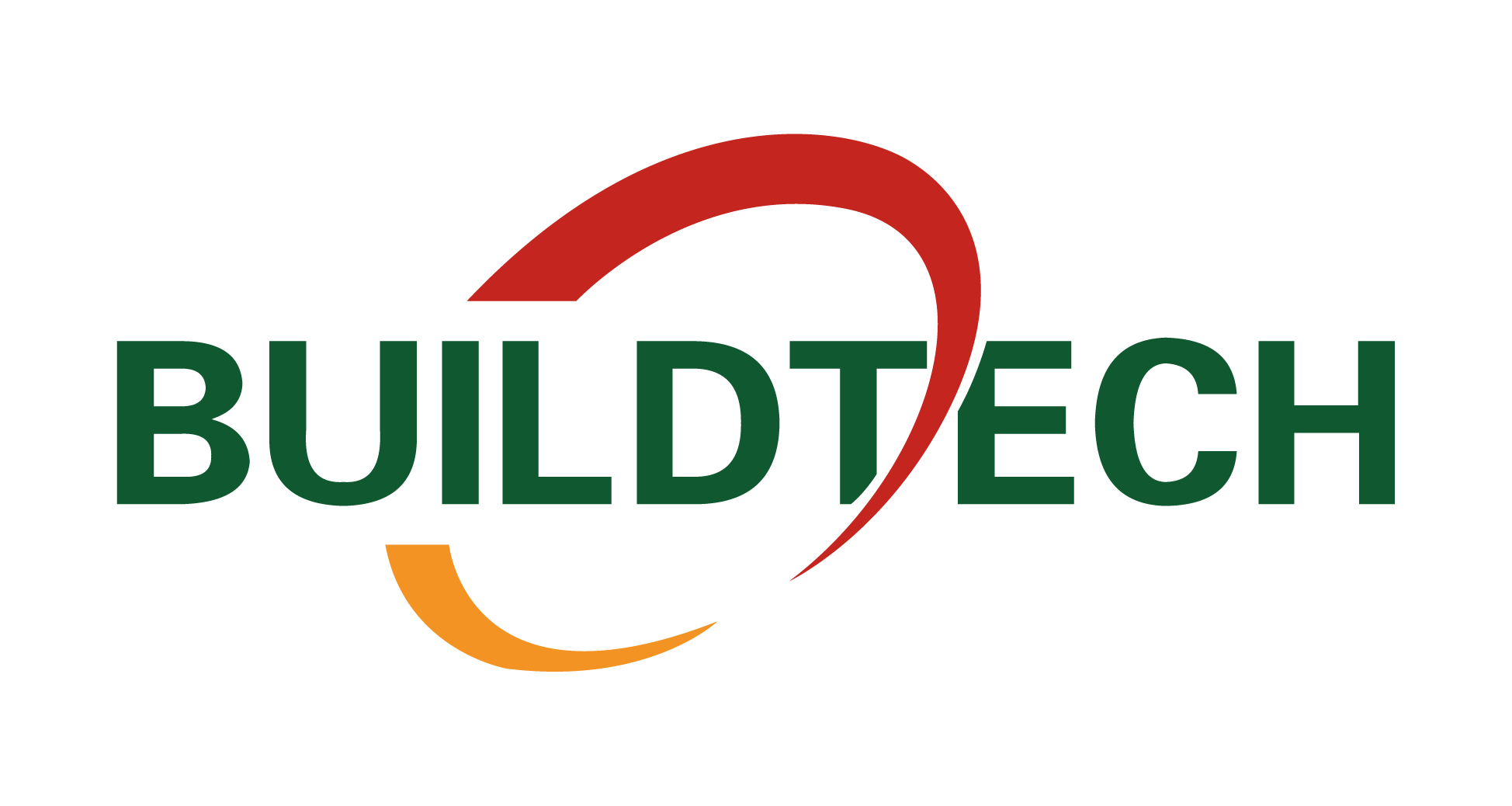Professional Comprehensive Building Materials Supplier
Everything you need to know about prefab homes
- Categories:News & Insights
- Author:
- Origin:
- Time of issue:2020-08-28 15:43
- Views:
Summary description:From costs to sustainability to financing
Everything you need to know about prefab homes
Summary description:From costs to sustainability to financing
- Categories:News & Insights
- Author:
- Origin:
- Time of issue:2020-08-28 15:43
- Views:
Prefab construction isn't new. Prefab homes have a rich history in the world. Amid today's mounting housing costs and environmental concerns, however, prefab—or assembling a structure from components produced off-site—continues to offer alluring possibilities.
Prefab home manufacturers bill their houses as cheaper, more sustainable, and quicker to build than traditional homes. But what exactly is a prefab home, and do they live up to these claims? We've hashed out the details below.

What makes a home prefab?
In traditional residential construction, homes are built on-site and piece by piece—or stick by stick. Custom-designed homes or spec homes in large developments are often called stick builds, earning the moniker thanks to the wood frames that make up the structures.
Prefab homes, in contrast, are made from components that are constructed in a factory and then transported to a home lot to be assembled.
What kinds of prefab homes can you buy?
Because prefab refers to the process of construction, not a single style, there are many types of prefab homes.
Manufactured homes—sometimes called mobile homes—are constructed completely off-site before delivery; they are the homes you see traveling down the highway on a double-wide trailer. No construction happens on the site, and the quality tends to be lower than other types of homes, so most prefab companies are quick to distinguish themselves from the mobile home world.
Modular homes, however, involve making components off-site and then transfering the modules to a plot of land for final installation. Each module usually has all the basics, like plumbing, electrical, doors, and closets—and you can usually connect multiple modules to form a larger house.

There are also—stay with us here—panelized homes and kit homes. Panelized homes are made from (you guessed it) whole panels or walls that are then transferred to the build site. They require more interior finishing work, so the on-site build time is longer. Kit homes can come in any shape or size and are like an elaborate Ikea bookshelf; pieces are made and cut in a factory and then shipped with instructions to a build site for construction.
And just to make things really complicated, some manufacturers will combine the above categories. A prefab manufacturer might blend modules with panelized walls to create a specific design, for example.
Whether you choose a modular prefab home or a kit house, they can range in size and architectural styles. That 250-square-foot office shed in your neighbor's yard? That's a prefab. Same with a cute 1,000-square-foot cabin in the forest. But there are also modern, 3,000-square-foot prefab homes too.
Are prefab homes more affordable than other types of housing?
The general rule of thumb is that prefab construction is cheaper than stick-built homes by an average of 10 to 25 percent. Why? Mass-produced materials on an assembly line cut down costs because factories buy supplies in bulk. The cost of labor is also less because you don't have to send carpenters, plumbers, and electricians to individual construction sites. And a faster build time saves money too.
You can expect to pay a starting cost of anywhere from $150 to $400 per square foot, and this price can sometimes (but not always) include the home's interior fixtures. You should pay attention to whether your prefab package includes appliances, windows, flooring, insulation, wiring for electrical, and doors.
Beware, however, that the sticker price of a prefab home isn't actually how much that home will cost. First, you have to pay for the land to build the house, and you'll also have to account for soil testing, site surveys, permits, and utility hookups. Preparing the site for construction can be either relatively minor or very expensive depending on the landscape; prefab packages also usually don't include the foundation.
Other costs might include landscaping, driveways, garages, and the cost of a local contractor or builder to finish the home. All of these expenses vary—a plot of land and a contractor just outside Boston could be much more expensive than in rural South Carolina, for example.

How long does it take to build a prefab home?
Depending on the size and finishes of your prefab, you can build a home in as little as three months. Most prefab homes can be built in four to six months from start to finish. This is much faster than traditional homes, which average about eight months to build, and in some markets, custom home construction can drag on for years.
Why is it up to 50 percent faster? Building most pieces in a factory limits weather delays, makes construction more efficient, and creates predictable delivery dates. You also don't have change orders or as many labor scheduling conflicts. That being said, the prefab permitting process can be lengthy in some regions, adding time to the estimates above.
Is prefab more sustainable than traditional homes?
Prefab is generally considered more eco-friendly than traditional stick homes.
First off, the prefab construction process produces less waste. Instead of having lots of different people delivering materials to a site and producing excess wood, tiles, and trash, factories are more efficient. Prefab companies are also more likely to reuse or recycle their waste at a factory.
Factory-built homes and parts may also have tighter seams than stick homes, which makes heating and air conditioning more efficient. And prefab companies are more geared toward eco-minded packages than many spec home builders; most prefab builders offer energy-efficient appliances, while some include sustainable materials (think: bamboo flooring) and add-on amenities like solar panels and rainwater collection systems.
And in an era of increasing climate challenges, prefab construction scores another point due to its resiliency. Because prefab homes have to withstand being transported by truck, they are often structurally stronger than stick homes, a major plus in regions prone to earthquakes, hurricanes, or high winds.

Can you customize a prefab home?
Yes! Depending on the company you choose, there are various ways you can customize your prefab. Most builders offer different finish packages or upgrades, and some will allow different layout configurations, but beware that these changes could raise the price of your home.
Can you finance a prefab home with a traditional mortgage?
The main difference between financing a prefab home and a prebuilt home is the down payment. Before you choose a prefab manufacturer or plot of land, you need to know how much home you can afford. Your loan will need to factor in all the costs of construction—including the price of the land, the home, and any finishes.
Once you contract with a home manufacturer, the actual financing of a prefab house is similar to stick-built homes. But because you'll be using a home construction loan, these often require a greater down payment than pre-built homes—you'll likely need to put at least 20 percent down. Once construction is complete, most banks will approve a construction loan that transfers to a permanent mortgage.
Source: Curbed
CONTACT US
Tel | 86-010-88082316
Email | aliciachn@outlook.com
BuildTech Corporation
China Building Materials Building, No. 11
Sanlihe Road, Haidian
Message
Please leave us a message, we will be at your service.
BuildTech Corporation © All Rights Reserved




